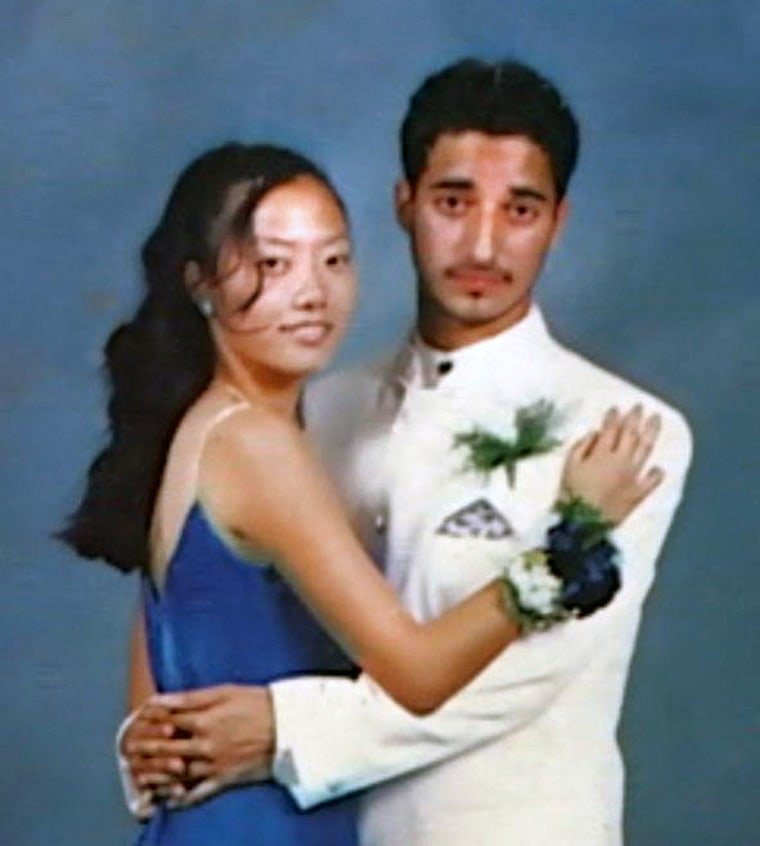Maryland’s highest court on Friday reinstated the murder conviction of Adnan Syed, whose case gained fame after the "Serial" podcast examined his cause.
Syed was convicted of killing Hae Min Lee, a former girlfriend and Woodlawn High School classmate, in 1999 and then burying her body in Leakin Park in Baltimore. He is currently serving a life sentence for the murder.
The Maryland Court of Appeals found that Syed received a “deficient performance” from his defense lawyer, the late Cristina Gutierrez, but the weight of the evidence still pointed toward guilt.
The case gained renewed attention in 2014 when Sarah Koenig’s "Serial" podcast took a fresh look at the defense’s case, and led Circuit Court Judge Martin Welch to overturn Syed’s conviction in June 2016. An HBO docuseries, "The Case Against Adnan Syed" debuts on Sunday.

Prosecutors asked for the conviction of Syed, now 38, to be reinstated, and Maryland’s high court found in favor of the state.
"We are devastated by the Court of Appeals’ decision, but we will not give up on Adnan Syed," defense lawyer Justin Brown said in a statement, hinting that an appeal to the U.S. Supreme Court is forthcoming. "Unfortunately we live in a binary criminal justice system in which you either win or you lose. Today we lost by a 4-3 vote."
Syed's post-conviction case centered on Gutierrez's failure to call a potential alibi witness and to challenge cellphone tower records that showed him in the area where Lee's body was found. Both issues were examined by the podcast.
"There was a credible alibi witness who was with Adnan at the precise time of the murder and now the Court of Appeals has said that witness would not have affected the outcome of the proceeding," according to Brown's statement. "We think just the opposite is true. From the perspective of the defendant, there is no stronger evidence than an alibi witness."
But the court majority said classmate Asia McClain's potential alibi statement — that she saw Syed in a library the afternoon of Lee's disappearance — doesn't absolve the defendant since the state's case didn't hinge on any exact timeline of Lee's murder.
Furthermore, Gutierrez might have had good reason not to bring McClain to the stand, because Syed never mentioned being in the library in multiple interviews with police.
The prosecution pinned much of its case on Syed's classmate Jay Wilds, who testified that the defendant showed him Lee's body and admitted to killing her.
